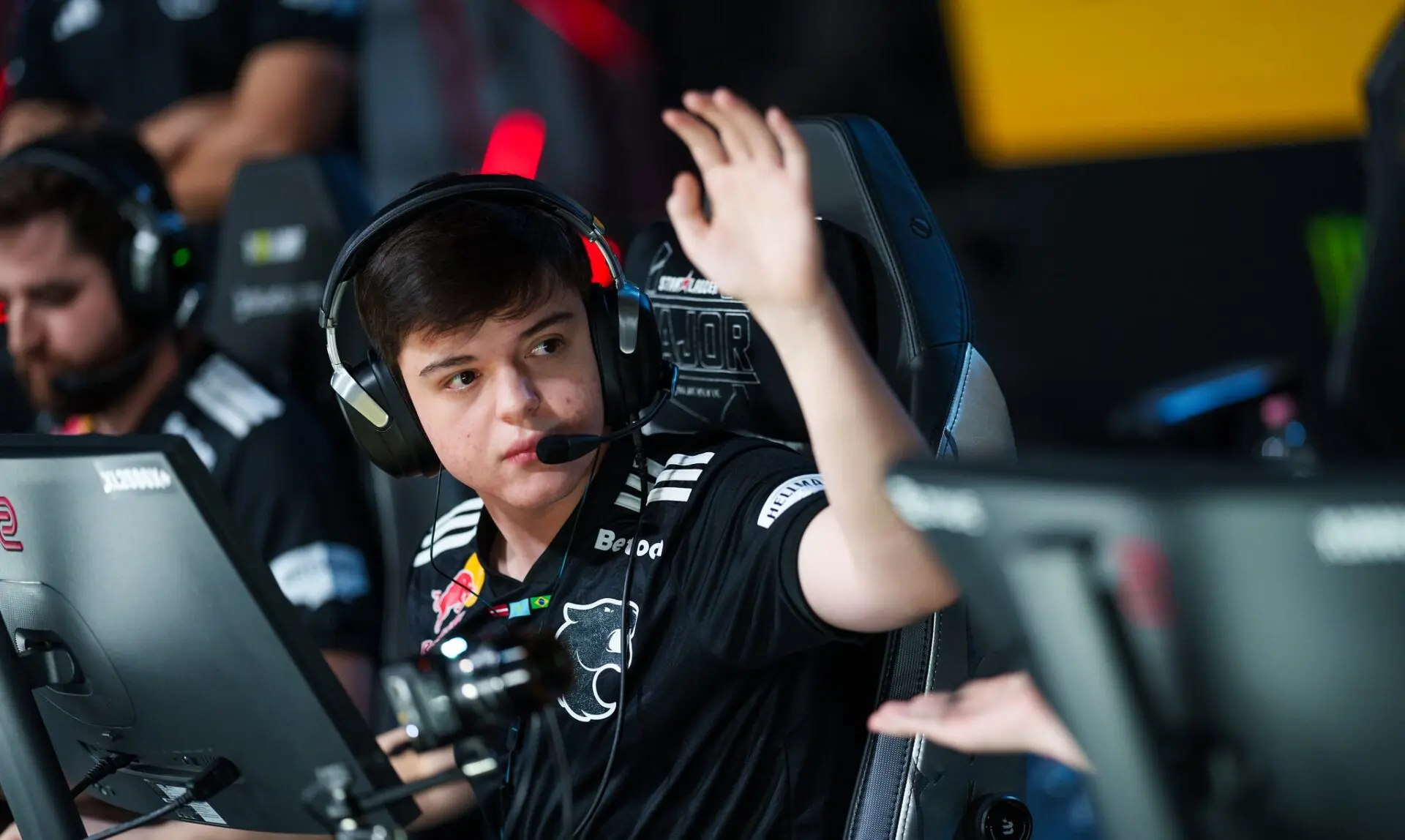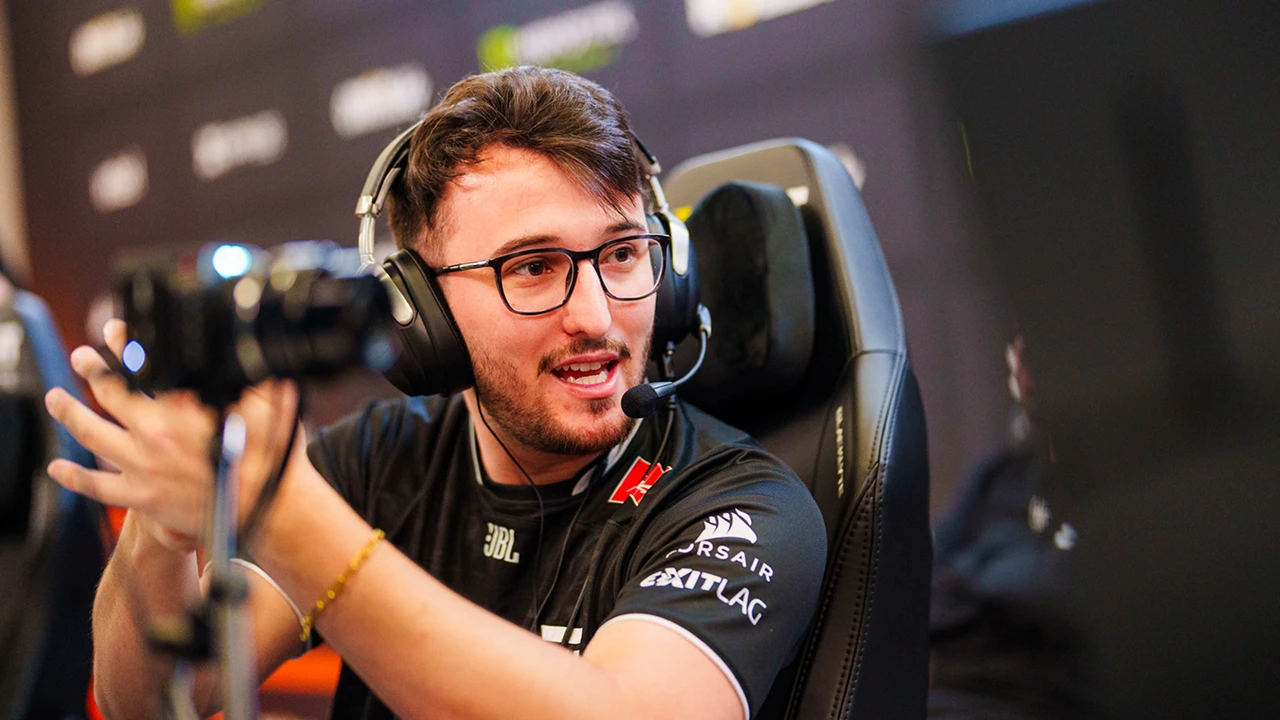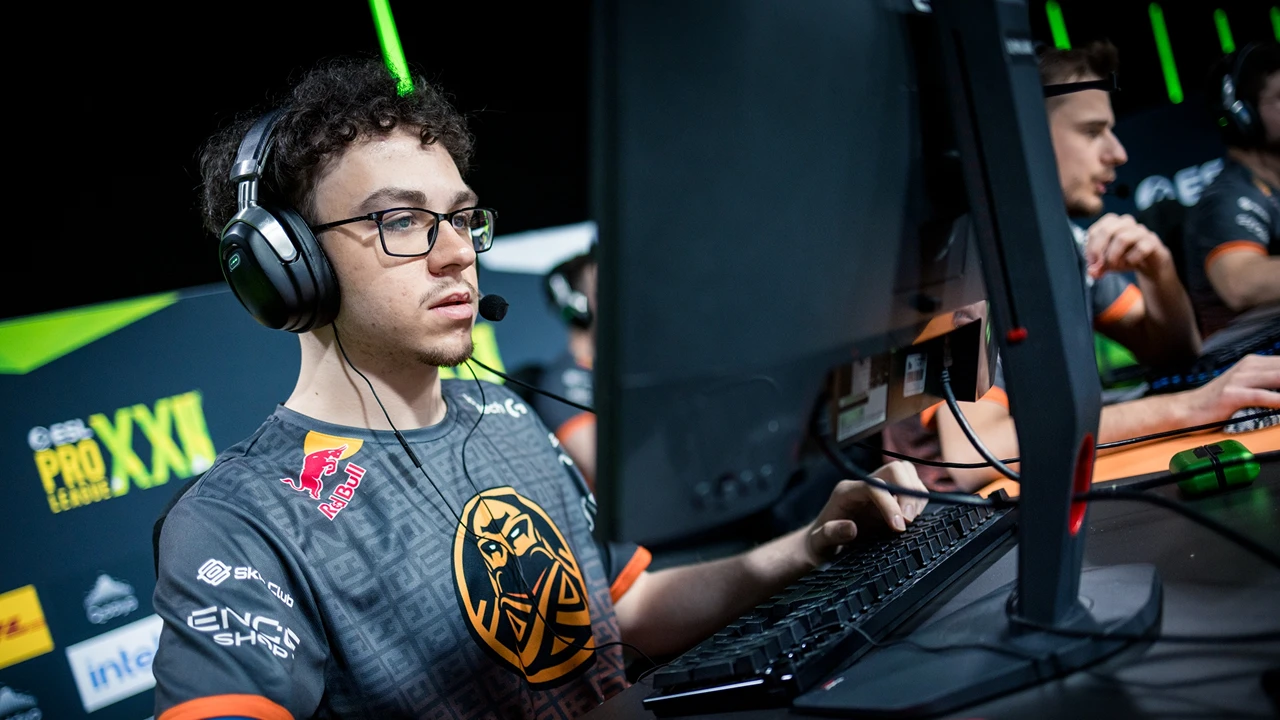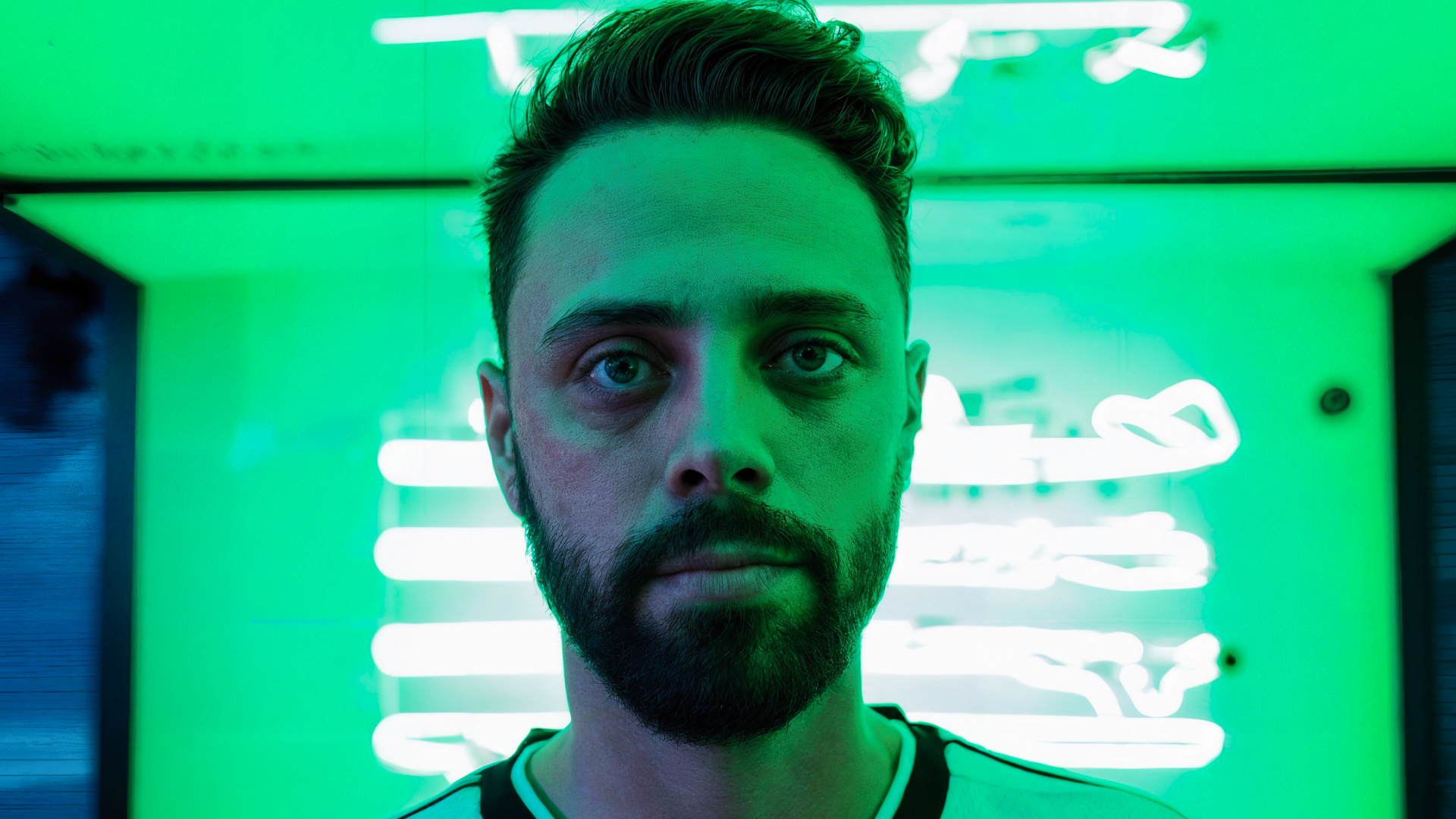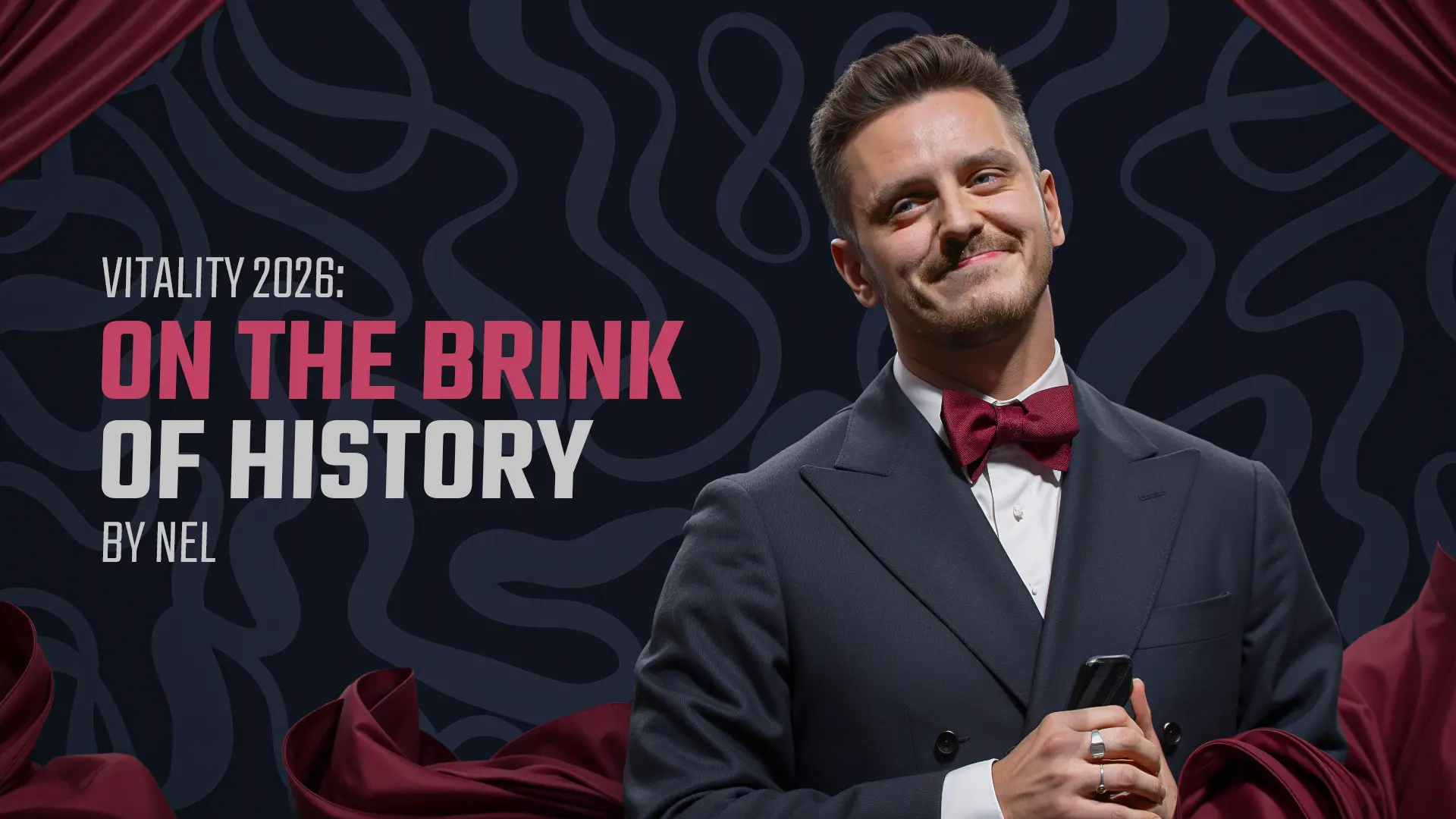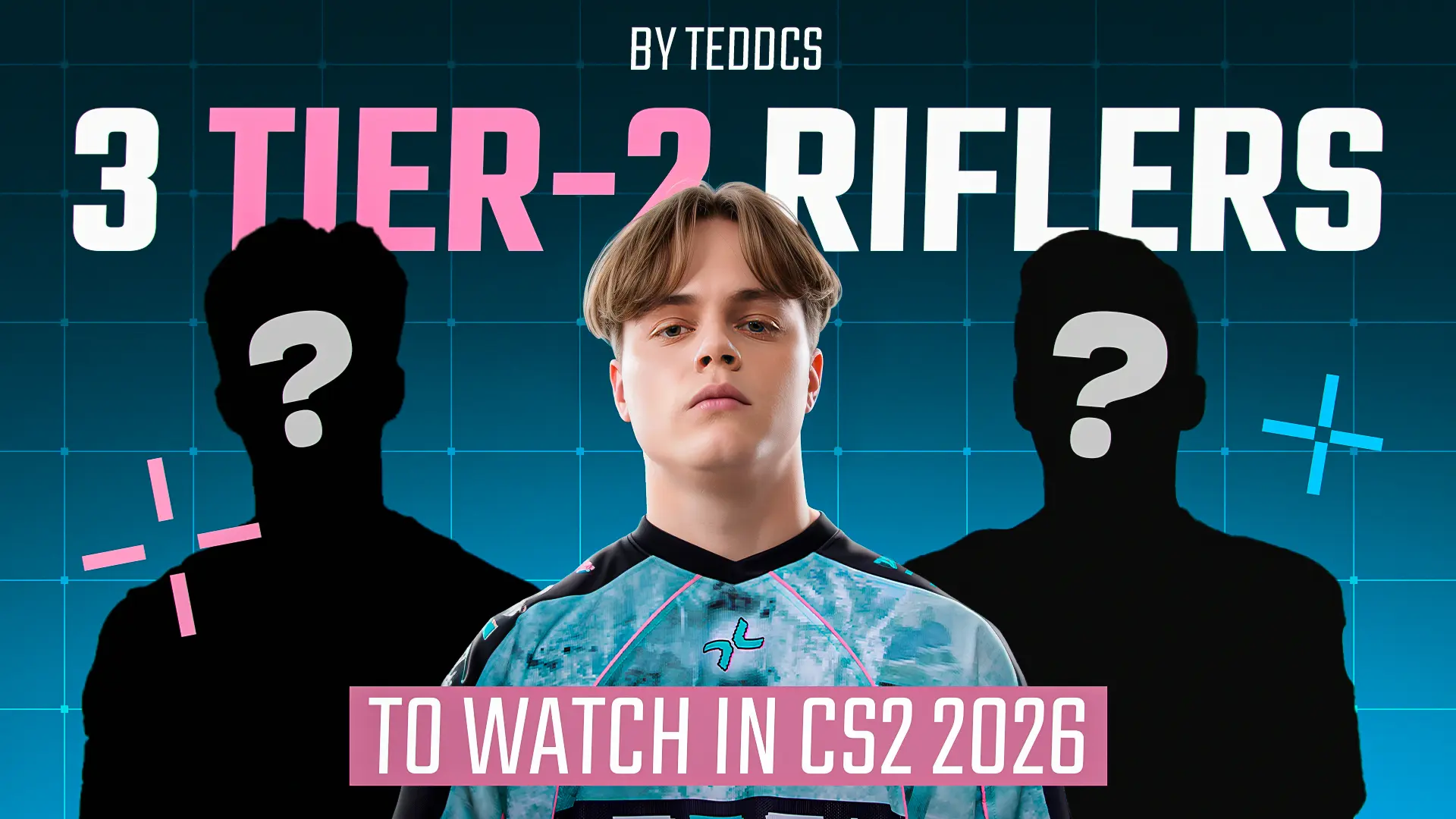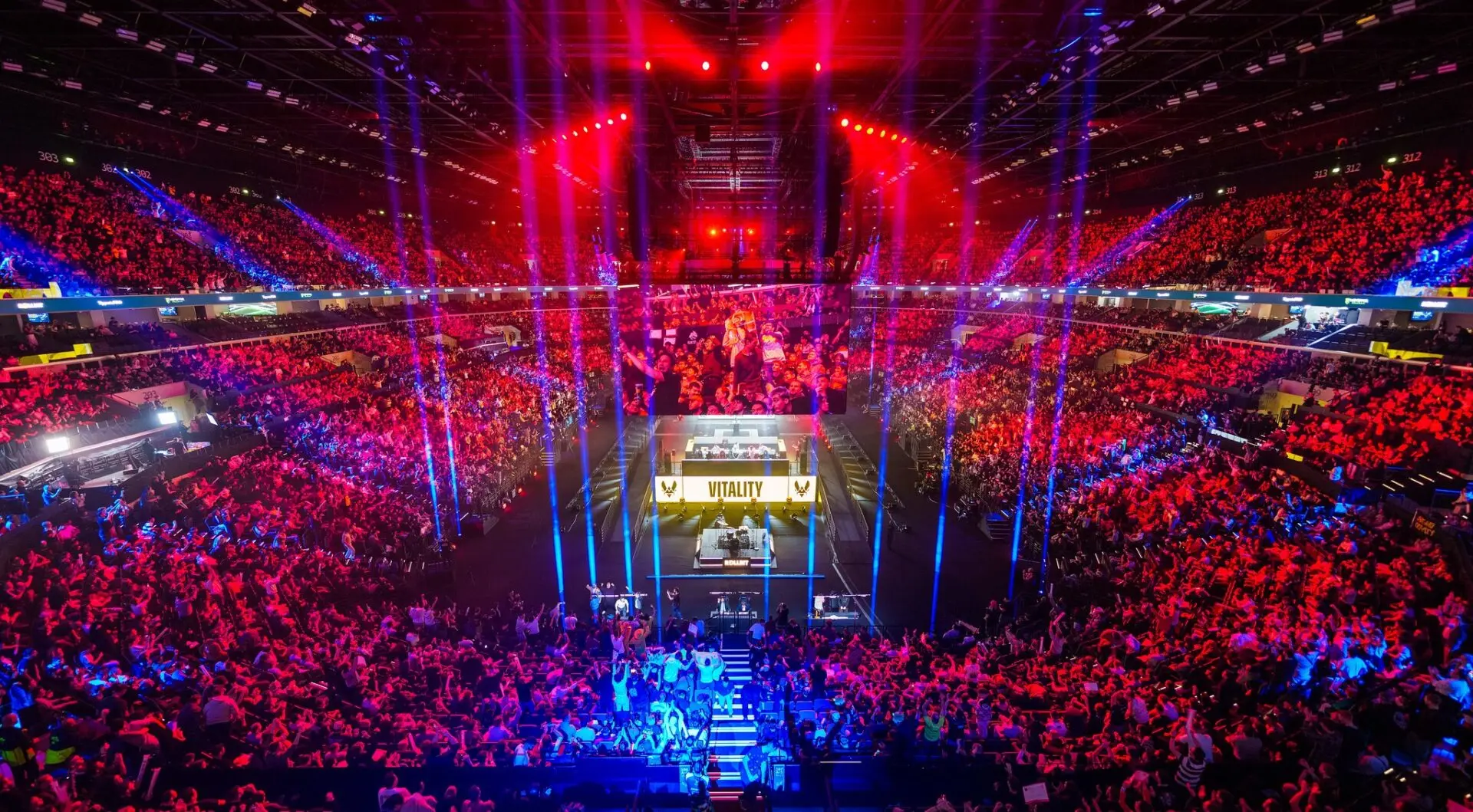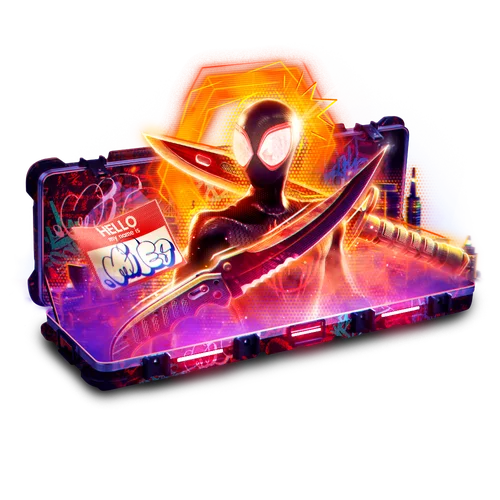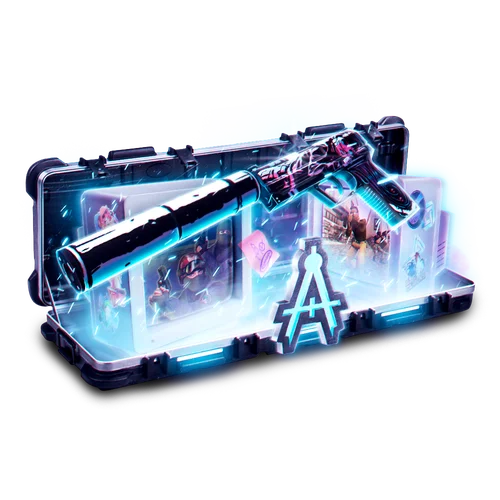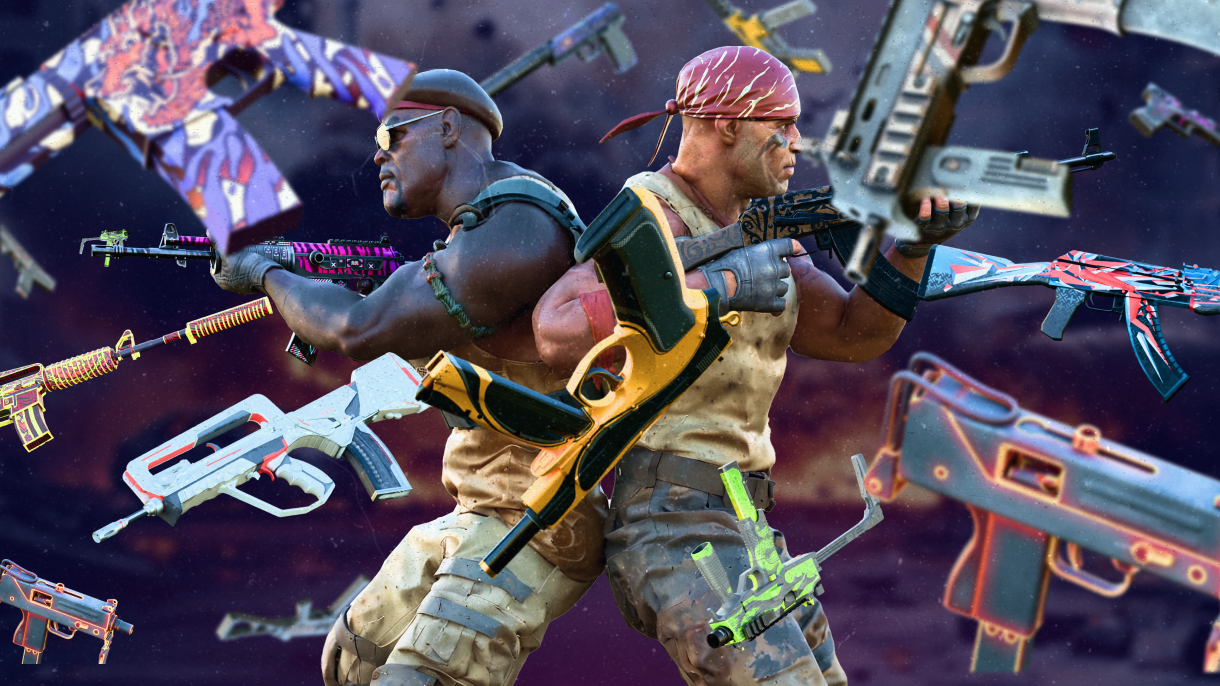PGL CEO Silviu Stroie has made a strong statement, accusing competitors ESL and BLAST of deliberately blocking independent tournaments by overlapping dates and pressuring teams. His words came as the Counter-Strike 2 calendar for 2025–2026 continues to spark heated debate within the community.
Stroie’s statement: “There is no coincidence”
In his social media post, Stroie reminded fans that PGL had already announced its tournament dates for 2025 and 2026 on March 31, 2024. According to him, ESL and BLAST — fully aware of these dates — published their own calendar later, on October 3, 2024, deliberately placing some events in the same time slots.
For anyone asking about Bucharest and Chengdu, we've announced our dates for events in 2025 and 2026 on March 31, 2024. Other TOs (bullying and threatening teams if they will participate in PGL events) announced their events on October 3, 2024 (fun fact: both of them on the same…
— Silviu Stroie (@ssilviu) September 3, 2025
The PGL executive also claimed that other organizers have been “bullying and threatening” teams if they intend to compete in PGL tournaments.
read more
Context: battle for the calendar after the end of partner leagues
After Valve’s decision in August 2023 to end partnership agreements between teams and tournament organizers starting in 2025, the Counter-Strike scene entered an “open market” phase. From then on, any TO would be able to host events, while team participation would be determined by the Valve Regional Standings (VRS) system and open qualifiers.
In this environment, PGL dared to challenge the ESL and BLAST monopoly, announcing 11 tournaments for 2025–2026 (five in 2025 and six in 2026). This was the most ambitious independent schedule outside of the Majors.
But ESL and BLAST did not back down: in March 2024 they presented their own plans — ESL scheduled eight tournaments, BLAST six, which together take up around 160 days of the season. With the addition of two Majors (June and December), almost no free windows remain for other organizers.
Conflicts and overlaps
Despite minor changes by PGL (to avoid clashing with BLAST in May 2025), several tournaments still overlap. The most striking example is autumn 2025, when a PGL event (September 29 – October 12) coincides directly with ESL (September 23 – October 12).
This forces teams into a dilemma: either choose where to play, or risk losing spots in the global rankings due to skipped events.
Community reaction
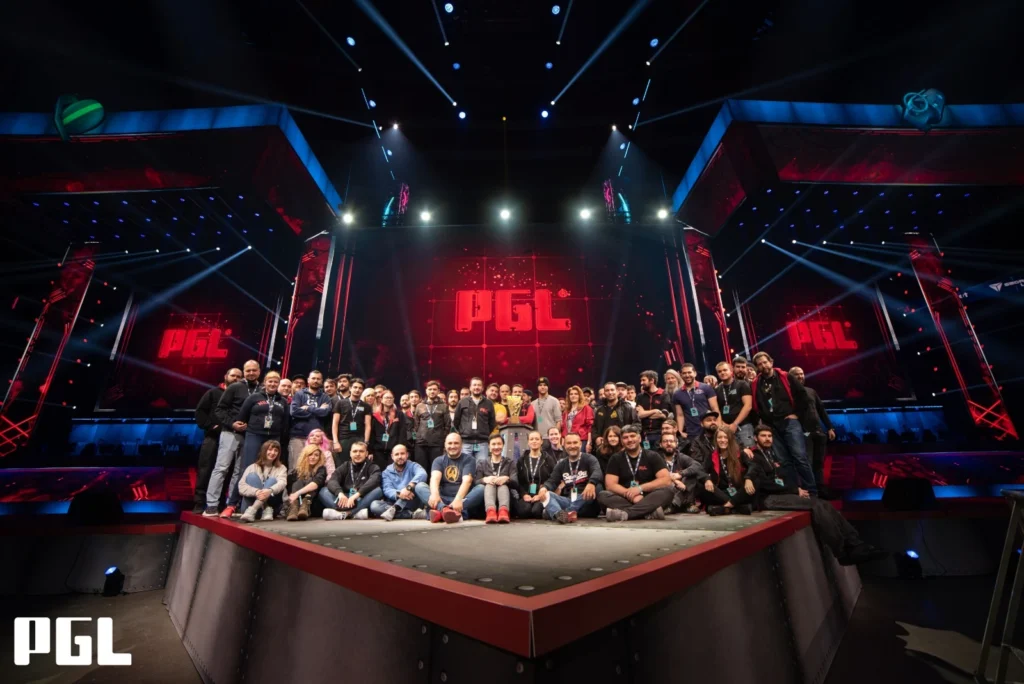
The debate around Stroie’s statement quickly flared up across social media. Fans, journalists, and even esports outlets weighed in with divided opinions:
read more
- Some side with PGL: “PGL > ESL and BLAST” summed up one fan, earning thousands of likes. Others pointed out that ESL and BLAST are effectively continuing “soft franchising,” which Valve had tried to dismantle.
- Accusations of anti-competitive behavior: Strafe Esports wrote: “Facts, blatant anti-competitive moves. Shame teams are just going along with it.”
- Calls for Valve intervention: User ioan suggested Valve should require teams to participate in events hosted by different TOs each season to maintain balance.
- Skepticism and disappointment: “People have been against franchising for years, yet now they’re fine supporting ESL and BLAST’s soft franchising. It doesn’t make sense,” wrote wren.
- Emotional reactions: One fan outright called the situation a “total war,” while others said it was “obvious ESL and BLAST have organized against PGL.”
What this means for the scene
- Calendar overload — players may lose time to rest and properly prepare between tournaments.
- Pressure on teams — if Stroie’s claims of “threats” are confirmed, it could spark a new scandal in the global CS scene.
- Monopoly in disguise — although Valve opened the door for different TOs, ESL and BLAST seem intent on keeping control by blocking room for independents.
- Image conflict — while PGL brands itself as the “fighter for openness,” for part of the community it looks like they’re simply fighting for a bigger slice of the market rather than players’ interests.
read more
The calendar battle for 2025–2026 has escalated into a full-blown war of tournament organizers.
- PGL is betting on quantity and open access.
- ESL and BLAST are relying on scale and calendar dominance.
- Valve plays the role of referee — but has yet to intervene.
In the end, the key question remains: can the scene sustain this flood of events without damaging the players’ wellbeing and the prestige of Counter-Strike tournaments?




































